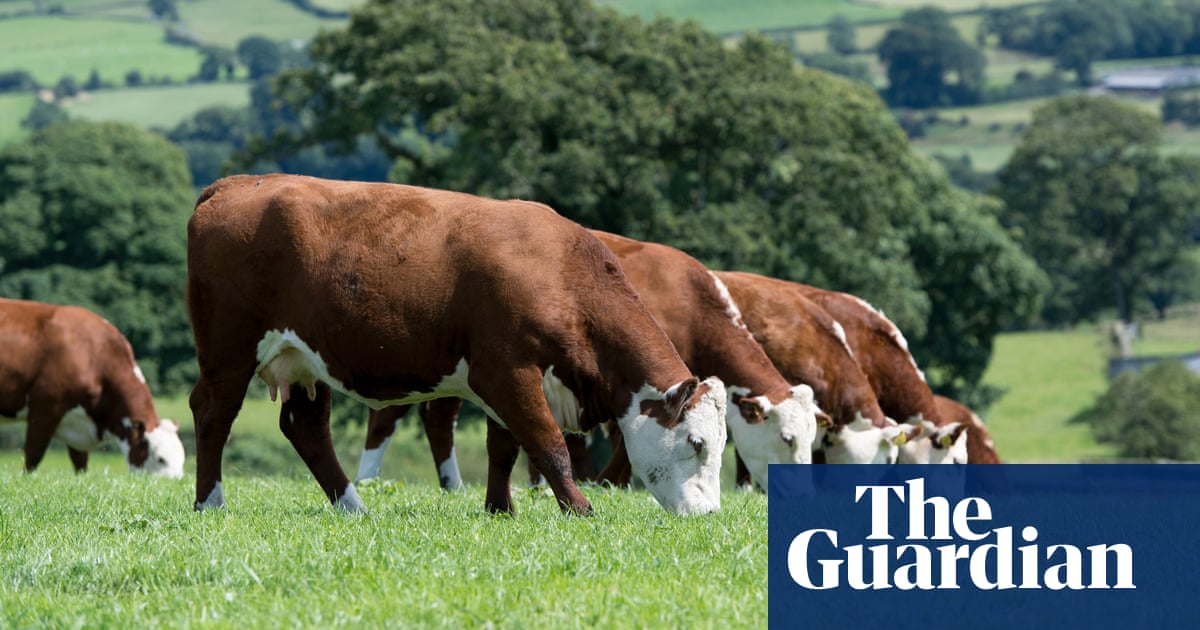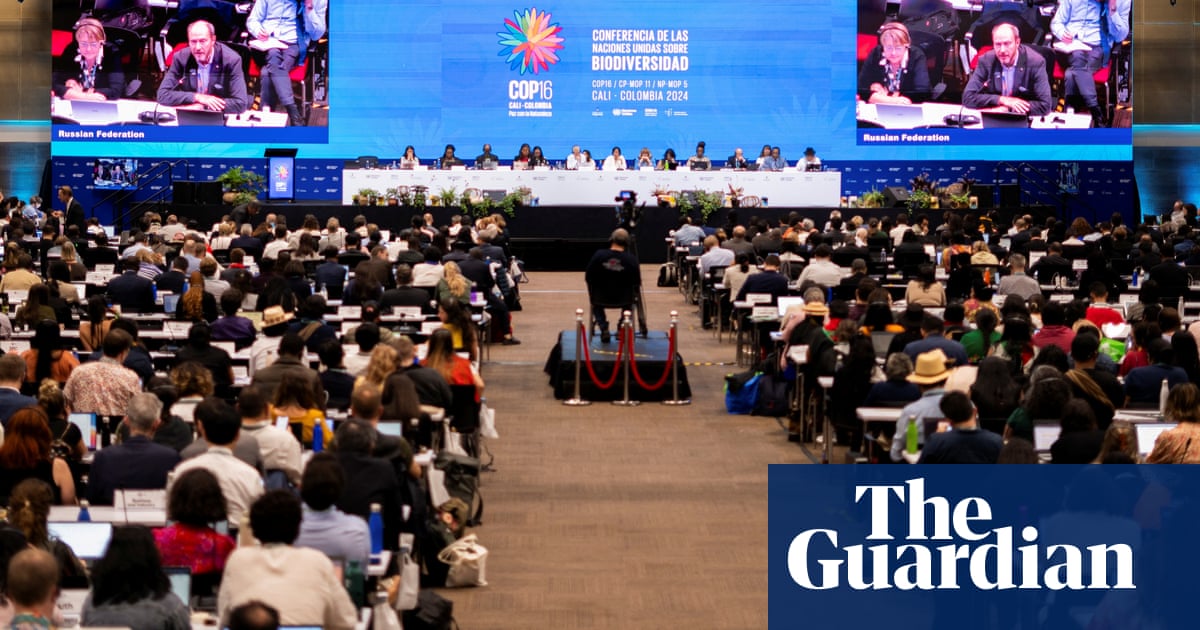More than 20 scientific experts have written to the UNâs food agency expressing shock at its failure to revise or withdraw a livestock emissions report that two of its cited academics have said contained âmultiple and egregious errorsâ.
The alleged inaccuracies are understood to have downplayed the potential of dietary change to reduce agricultural greenhouse gases, which make up about a quarter of total anthropogenic emissions and mostly derive from livestock.
In the joint letter, which the Guardian has seen, the scientists say they are dismayed that the UN Food and Agriculture Organization (FAO) has failed to remedy âserious distortionsâ originally identified by the academics Paul Behrens and Matthew Hayek, which the Guardian reported on earlier this year.
Behrens and Hayek say a separate complaint has received short shrift. They say a âtechnical dialogueâ promised by the FAO never materialised, beyond an invitation to a muted webinar where they could type questions into a Q&A box.
âThere has been no serious response,â Behrens said. âThey partially addressed one of the points in the webinar in an unscientific way. But they gave no response at all to the vast majority of our complaints. Our concerns have barely been acknowledged, let alone seriously engaged with. Itâs been like hitting a brick wall. The FAO has made grievous errors that need urgent correction to maintain its scientific credibility.â
One of the signatories to the letter, Jennifer Jacquet, a professor of environmental science and policy at the University of Miami, compared the FAOâs complaints process unfavourably with those of a science journal, âwhere you could at least expect a correction to the articleâ.
The FAOâs âpathways toward lower emissionsâ study was originally billed as âan updated comprehensive overviewâ of global livestock emissions and was launched at last Decemberâs Cop28 climate summit.
Behrens and Hayek said it inappropriately used their work on now outdated nationally recommended diets (NRDs), double-counted meat emissions, mixed different baseline years in analyses, and omitted the opportunity cost of carbon sequestration on non-farmed land.
Correspondingly, the emissions savings from farming less livestock were underestimated by a factor of between six and 40, Hayek estimated.
In an initial response to complaints, seen by the Guardian, the FAOâs chief scientist, Beth Crawford, described the reportâs NRD-based emissions forecast for 2050 as âa rough estimateâ. She said: âThis methodological choice was made because there is no global database on dietary preferences and no policy instrument that supports the adoption of alternative diets based on balanced environmental, economic and social criteria.â
She did not touch on other points raised by the pair, such as alleged double counting and mixed baseline years, which Hayek said âare related to their misuse of our scientific dataâ.
Crawfordâs response said the FAO had received a ârigorous and thorough reviewâ supporting its conclusions from a group of scientists led by three named academics.
The joint letter, which was also signed by 78 environmental groups, said: âIt is not acceptable for the FAO, a respected UN institution, to gloss over these serious errors as a ârough estimateâ when the data and policy recommendations it provides are so internationally influential. A higher standard of scientific rigour is required.â
Jacquet said: âIt seems clear to me that some of the choices made by the FAO in their methodology were just there to uphold the status quo of increasing meat production and consumption.â
The FAO was contacted for a response.



